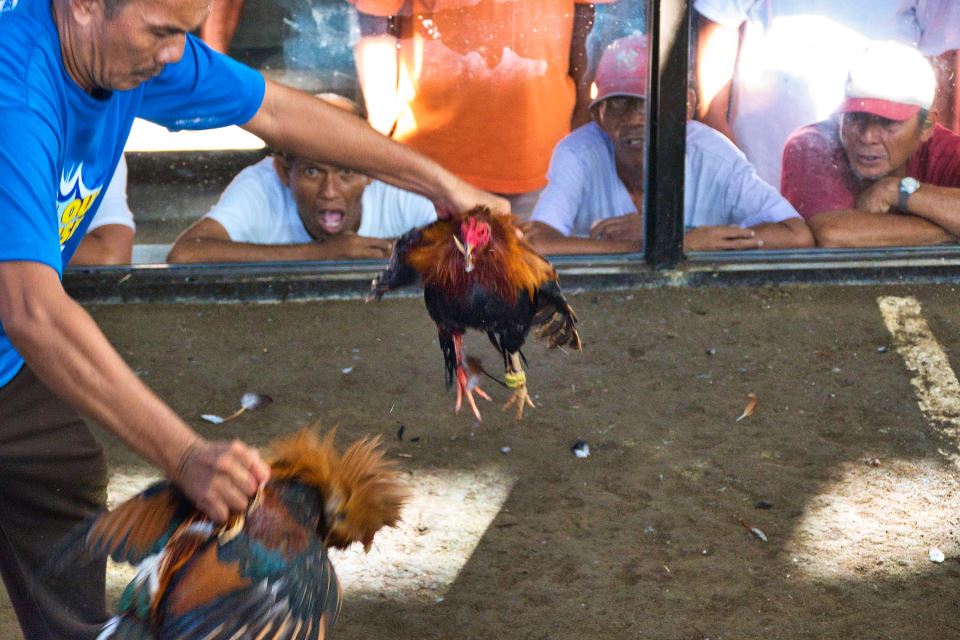The Federal Ban on Cockfighting Is Settled Law
WASHINGTON, D.C. — A former Northern Marianas Islands local politician and executive agency official – a self-described lifelong cockfighter – has absolutely no chance of progressing given the adjudication of similar lawsuits advanced by cockfighters on Guam and in Puerto Rico, according to Wayne Pacelle, president of Animal Wellness Action.
In December 2021, the U.S. Court of Appeals for the Ninth Circuit affirmed a ruling of the U.S. District Court for the District of Guam that Congress has the authority to bar animal fighting throughout the United States, including in the U.S. territories. That case was brought by Guam-based cockfighting enthusiast Sedfrey Linsangan. Mr. Linsangan appealed a ruling by the U.S. District Court for the District of Guam that his claims were legal invalid and that U.S. law bans cockfighting on Guam.
Two months prior, in October 2021, U.S. Supreme Court denied a writ of certiorari from cockfighters and political leaders in Puerto Rico seeking relief from the same federal law that bans cockfighting there. That pleading came to the Supreme Court after a U.S. District Court in San Juan and the U.S. Court of Appeals for the First Circuit rejected the claims of cockfighting interests and their local political allies in Puerto Rico.
“Two prior challenges to the federal law against staged animal fighting were met with unanimous disapproval by five federal courts,” noted Mr. Pacelle of Animal Wellness Action, which filed pleadings in these cases as an amicus curiae participant. “The Congress has determined that cockfighting is barbaric and inhumane and the federal courts have said the U.S. has the authority to take this action. This is settled law.”
“Mr. Salas should read the federal court rulings and obey the law,” added Mr. Pacelle. “If he engages in cockfighting, he should be arrested and prosecuted.”

In December 2018, Congress passed, and the President signed, the Agricultural Improvement Act of 2018; that legislative package included a provision applying all federal prohibitions against animal fighting to the U.S. territories. The Congress gave the territories a year to comply, with the prohibition taking effect on December 20, 2019. That latest amendment to the federal animal fighting law made it a felony to operate a cockfighting venue or to participate in animal fights. Other provisions of the federal anti-animal fighting law – such as prohibitions on transporting or receiving fighting birds, trading in fighting implements, or being a spectator at an animal fighting event – had already applied to the territories for years.
A ruling by a U.S. District Court Judge on Guam in October 2020, in response to a case brought by a cockfighter there, was unambiguous in determining that cockfighting is outlawed under federal law in the U.S. territories. “Congress has the undeniable authority to treat [the territories of the United States] uniformly to the States and eliminate live-bird fighting ventures across every United States jurisdiction,” wrote Chief District Judge Frances Tydingco-Gatewood in the October 2020 ruling. “The source of this authority rests primarily in the Commerce Clause and Supremacy Clause and alternatively in the Territorial Clause.”
Animal Wellness Action, the Animal Wellness Foundation, and the Center for a Humane Economy have participated as a friend of the court (amicus curiae) on the side of the United States in all challenges to the 2018 U.S. law banning cockfighting.
For a legislative history, go to the Animal Fighting Law page.


